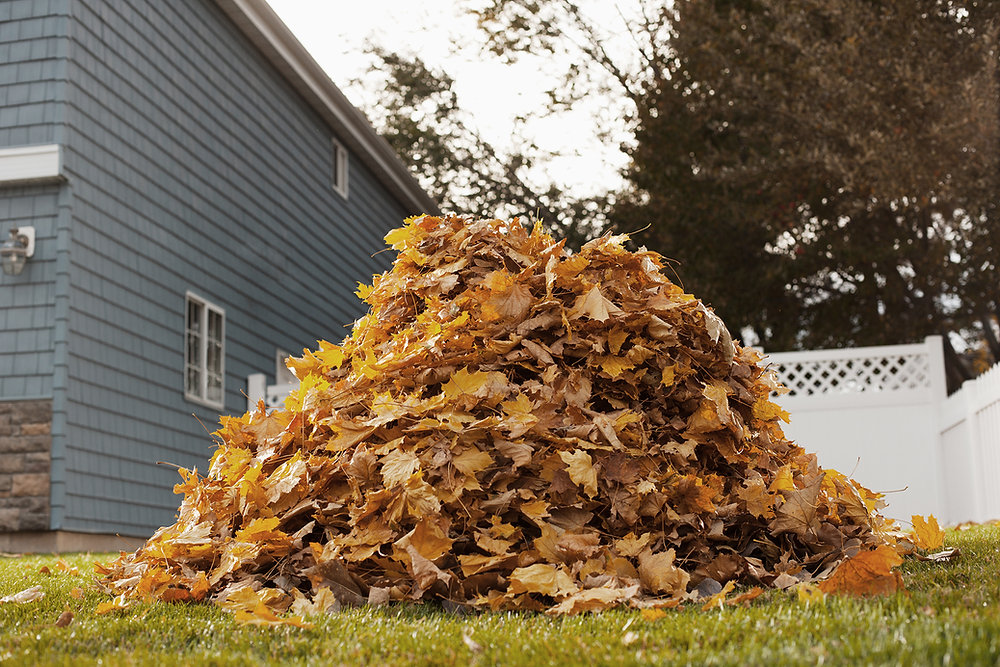GETTING YOUR HOME AND AUTO READY FOR THE CHANGING SEASONS

Moving from Summer to Fall brings many changes: back to school, leaves changing colors, football, cooler weather, etc. It’s also a time to prepare your home and auto for the colder months ahead.
Here are some essential tips for homeowners:
1. Clean Your Gutters – remove leaves and debris to prevent clogging, which can lead to water damage and ice dams.
2. Inspect Your Roof – check for damaged or missing shingles and repair them to avoid leaks during storms.
3. Seal Air Leaks – use weatherstripping and caulk around windows and doors to keep the cold air out and reduce heating costs.
4. Service Your Heating System – have a professional inspect and clean your furnace or heating system to ensure it is running efficiently.
5. Check Smoke and Carbon Monoxide Detectors – replace batteries and test your detectors to ensure they are functioning properly. Also, it is recommended that smoke detectors be replaced every 10 years and carbon monoxide detectors every 7 years.
6. Drain Outdoor Faucets – disconnect hoses and drain outdoor faucets to prevent pipes from freezing and bursting.
7. Aerate Your Lawn – this helps your lawn recover from summer stress and prepares it for winter.
8. Clean Chimneys and Fireplaces – have your chimney inspected and cleaned to prevent chimney fires and ensure proper ventilation. This applies to both wood and gas fireplaces.
9. Store Outdoor Furniture – clean and store outdoor furniture to protect it from the elements. This will also give you a head start next Spring.
10. Check Insulation – make sure your attic and walls are properly insulated to keep your home warm and energy efficient.
Homes aren’t the only thing that need Fall maintenance and preparations. Let’s not forget about our cars.
Here are some car care tips to keep your vehicles in good condition as the weather changes:
1. Check Your Tires – as temperatures drop, so does the pressure. Make sure your tires are properly inflated and have good tread depth for safe driving.
2. Inspect The Brakes – it’s important that the brakes are in good condition to handle wet and slippery conditions.
3. Replace Wiper Blades – it’s important to maintain clear visibility that comes with the additional rain of Fall and snow of Winter. Experts recommend replacing wiper blades every 6 to 12 months depending on weather conditions in your area.
4. Check The Battery – cold weather can be tough on car batteries. Have it tested and replace it if necessary. Many auto parts stores will test the battery for free.
5. Top Off Fluids – Make sure all your vehicle’s fluids (ie. Oil, coolant, windshield washer fluid) are at the proper levels.
6. Inspect Lights – check that all headlights, brake lights, turn signals, reverse lights, emergency flashers are working properly.
7. Prepare An Emergency Kit – You never know if bad weather will leave you stranded or stuck. A kit should include items such as blanket, water, flashlight, first aid kit and jumper cables.
8. Check The Heater And Defroster – it’s important that the heater and defroster are working properly to keep you warm and maintain visibility.
9. Clean Your Car – remove leaves and debris from your car’s exterior, interior and air intake vents to prevent damage and maintain cleanliness.
10. Consider Winter Tires – If you live in an area with harsh winters (ie Central NY), you might want to consider winter tires for better traction and control.
The changing seasons is a great time of the year to enjoy. Don’t let the enjoyment and good time be ruined due to a lack of following some basic seasonal maintenance for your home and auto. Taking some of these steps can help avoid costly repairs and keep you cozy and safe as we enter the Fall and Winter months.
If you have any questions or concerns, please don’t hesitate to contact the CH Risk Management Team.






